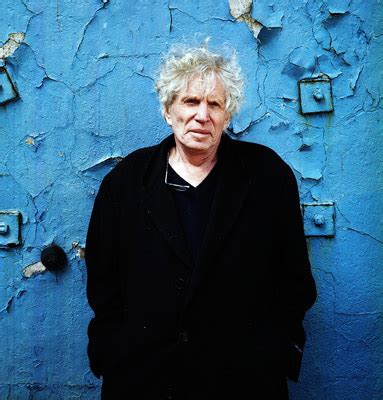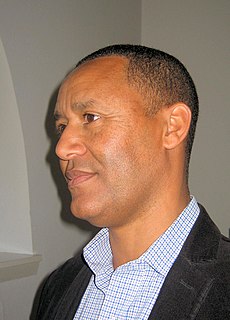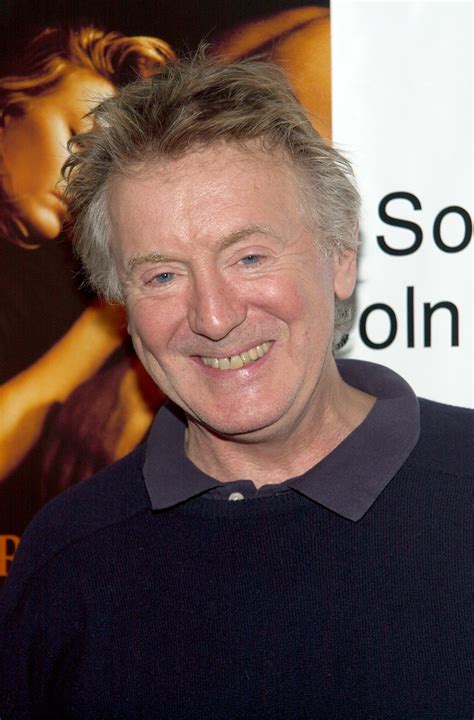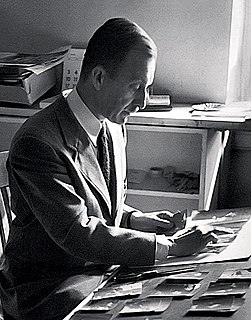A Quote by Dennis Oppenheim
The photograph gives constant reference to the rectangle. This forces any idea into the confines of pictorial illusionism.
Related Quotes
One night I had an idea while I was at the movies: to photograph the film itself. I tried to imagine photographing an entire feature film with my camera. I could already picture the projection screen making itself visible as a white rectangle. In my imagination, this would appear as a glowing, white rectangle; it would come forward from the projection surface and illuminate the entire theater. This idea struck me as being very interesting, mysterious, and even religious.
Look at the things around you, the immediate world around you. If you are alive, it will mean something to you, and if you care enough about photography, and if you know how to use it, you will want to photograph that meaningness. If you let other people's vision get between the world and your own, you will achieve that extremely common and worthless thing, a pictorial photograph.
Pictures are the idea in visual or pictorial form; and the idea has to be legible, both in the individual picture and in the collective context - which presupposes, of course, that words are used to convey information about the idea and the context. However, none of this means that pictures function as illustrations of an idea: ultimately, they are the idea. Nor is the verbal formulation of the idea a translation of the visual: it simply bears a certain resemblance to the meaning of the idea. It is an interpretation, literally a reflection.
When you are a part of a world that is within an enclosed system, the biggest threat is that the loss of contact with any voice from the outside - a point of reference that is different from you - becomes habitual. The loss of this reference makes the enclosed system seem perfect. I can still feel this kind of threat today, the voice that gives legitimacy to various kinds of enclosure.
The fact is that the camera is literal if anything, which gives it something in common with a thermometer... Often the tension that exists between the pictorial content of a photograph and its record of reality is the picture's true beauty. There is sleight of hand in photography... you make the viewer think he's seeing everything while at the same time you make him realize he's not. I try to make my pictures seem reasonable and then, at the last minute, pull the rug from beneath the viewer's feet, very gently so there's a little thrill.




































